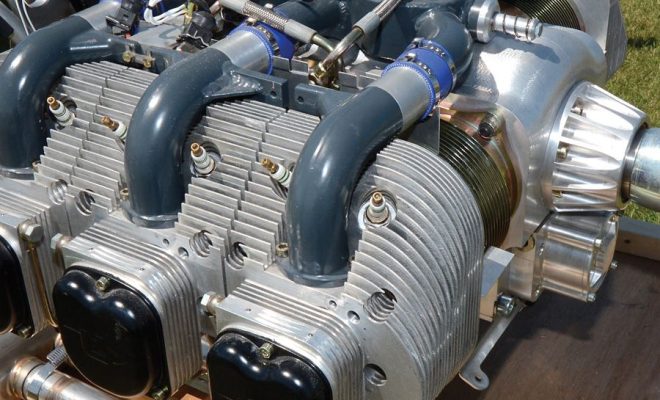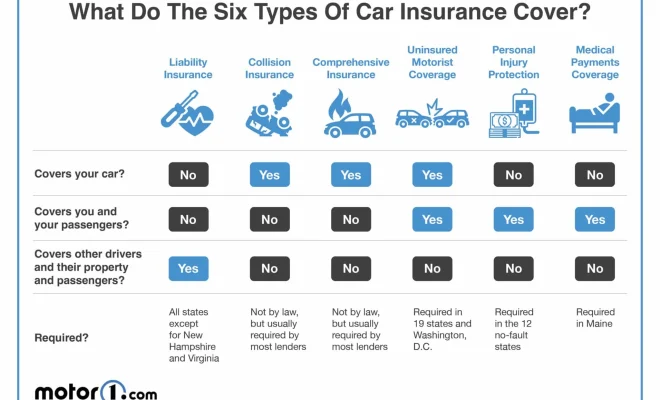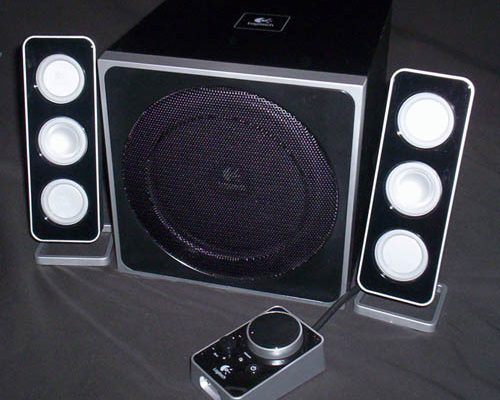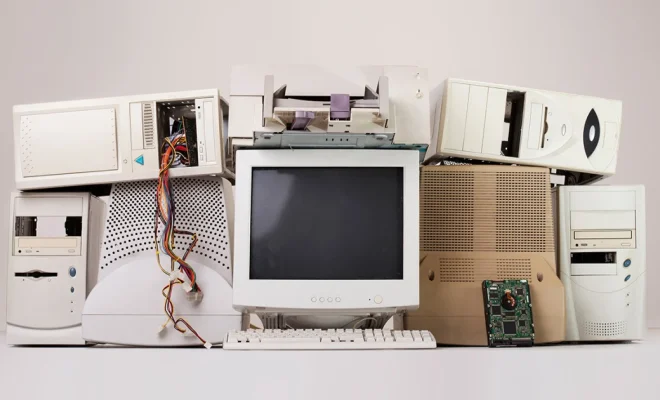The Pros and Cons of Solar Panels: Are They Worth It?

As the world continues to grapple with the effects of climate change and a growing demand for sustainable energy sources, solar panels are becoming an increasingly popular choice for homeowners and businesses alike. But, are they really worth it? In order to help you make an informed decision, let’s examine some of the pros and cons of solar panels.
Pros:
1. Renewable Energy Source: Solar energy is a renewable energy source, meaning that it won’t run out as long as the sun is shining. By switching to solar power, you’re helping to reduce our dependence on finite resources like fossil fuels.
2. Reduced Energy Bills: Investing in solar panels can significantly lower your monthly electricity bill as they generate all or a portion of your electricity needs. In many cases, the reduction in energy costs will eventually cover the initial costs of installing the system.
3. Low Maintenance: Solar panels require very little maintenance compared to traditional power systems. Once installed, they can last for decades with only occasional cleaning and checking.
4. Eco-Friendly: Unlike fossil fuels which release greenhouse gases, solar panels produce no pollution during their operation, making them an environmentally friendly option for powering your home or business.
5. Increased Property Value: Solar panel installations can increase the value of your property due to their long-term energy-cost savings and environmental benefits.
Cons:
1. High Initial Costs: The main drawback of solar panel systems is their high upfront cost which includes purchasing panels, inverter, batteries, wiring, and installation fees.
2. Dependence on Weather: Solar panel efficiency is influenced by weather conditions including cloud cover, shade from trees or buildings, and dust or snow accumulation on the panels. While advanced technologies have increased the efficiency of solar panels, their performance can still be affected by these factors.
3. Limited Hours of Sunlight: Since solar panels rely on sunlight to generate electricity, they won’t produce power during nighttime or on cloudy days. This means that you’ll need to rely on the power grid or a battery backup system for electricity during these times.
4. Space Requirements: Solar panel installations often require a large roof surface area or ground space to generate enough electricity for your needs. If you don’t have enough suitable space, this can limit the effectiveness and energy production from your solar system.
5. Aesthetic Concerns: Some people may not find solar panels visually appealing, as they can somewhat alter the appearance of your home or property. This can be a deterrent for those who prioritize aesthetics over energy efficiency.
Conclusion:
The decision to install solar panels is ultimately dependent on individual circumstances and priorities. While the initial costs may be high, the investment can pay off in the long run through reduced energy bills and increased property values. Additionally, solar panels have significant environmental benefits, as they produce clean and renewable energy.
Before making a decision, consider weighing the pros and cons of solar panels alongside your specific energy needs, budget, and available space to determine if they are worth it for you.






